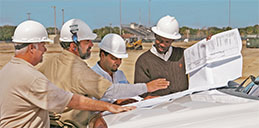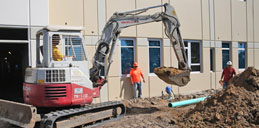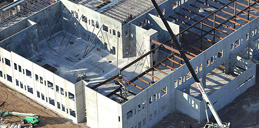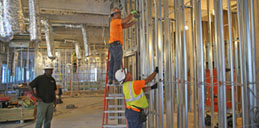What to Know When Choosing a Building Site or Location
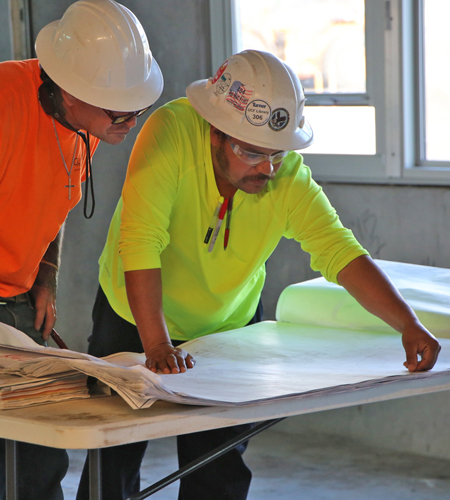 Whether your company is expanding its operations, relocating its offices or planning to break ground on its first building, many business owners are finding that choosing the right building site or location is no easy task. It requires considerable forethought, attention to detail and answers to a wide range of questions about the geography, environment and infrastructure, for example.
Whether your company is expanding its operations, relocating its offices or planning to break ground on its first building, many business owners are finding that choosing the right building site or location is no easy task. It requires considerable forethought, attention to detail and answers to a wide range of questions about the geography, environment and infrastructure, for example.
Before You Begin
But before you begin scouting for a site location, you should already know the type of structure you plan to build, its size, scope and purpose. This is an important first step because you don’t want to waste time choosing a site only to find a few months down the road that it doesn’t fit with your building design. Also, there may be other factors that will impact your site or location. If you are a franchisee building a new restaurant, for example, franchisor rules may limit the site size and/or location of where you can build. This is why it’s also good business practice to consult with an architect and a building contractor prior to site or location selection. An architect will convert your building concept into a 2-D or 3-D rendering of your project with the specifications you will need when choosing a site location.
Local Infrastructure
The local infrastructure will have an impact on not only the construction of the building but the operation of your business as well. Even in major cities, access to utilities and roadways may be limited in newly developed or unincorporated areas. When choosing a site for building construction you need to know whether there is access to high quality and reliable utilities like high-speed Broadband internet, electricity and water and sewer connections or if you will need to make infrastructure upgrades. If your business depends on shipping goods proximity to major highways, railway corridors, airports and seaports will be important.
Zoning Ordinance
Municipal zoning ordinances regulate the size and scope of structures and the types of businesses that can operate within the limits of their jurisdiction. Most local governments have zoning requirements for office buildings, commercial businesses, industrial and agriculture sites. There may also be height and signage restrictions, among others. If the site you select is not zoned for your type of business, you can petition for a zoning change that may or may not be granted. You can also request a variance in one or more of the zoning restrictions.
Public Improvements
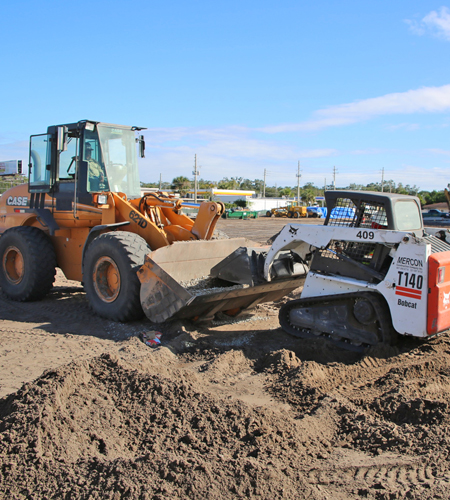
Depending on the type of business you operate or building you plan to build on a site, the city or county building department may require that the owner make public improvements as a condition for building permit approval. They may require the installation of traffic signals if local civil engineers believe your building will increase traffic to the area. Other pubic improvements may include street paving, sidewalk construction and street lighting, to name a few. These types of improvements, if necessary, are generally required to be completed prior to granting a building permit.
Soil Condition
Before finalizing your site selection it is important to have the soil tested. Soil testing is done as part of an environmental study to determine whether there is any soil contamination or if the site is at risk for contamination. Your commercial building contractor will use soil testing data to determine if the condition of the soil will have any impact on the construction or foundation of your building.


